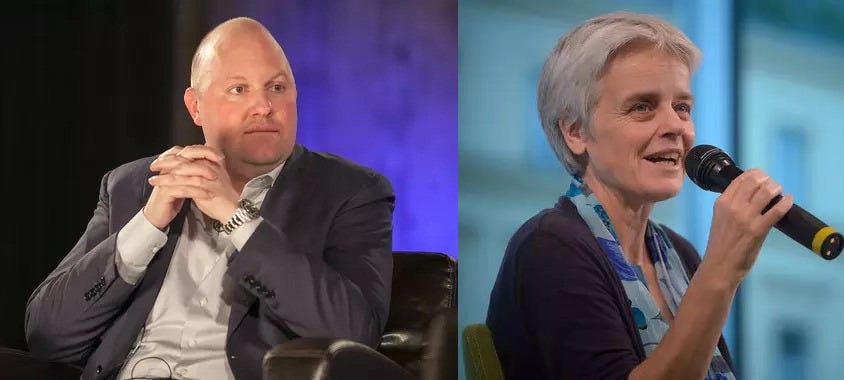A Sobering Antidote to Marc Andreessen’s Techno-Optimism
Some of my readers may be aware of The Techno-Optimist Manifesto by Marc Andreessen, founder and partner of the world’s largest venture capital firm, Andreessen Horowitz (a16z).
The manifesto is a 5,000-word hymn to the unrelenting power of technology as the solution to all problems, and simultaneously a scream in the wind for less regulation, less gover…




